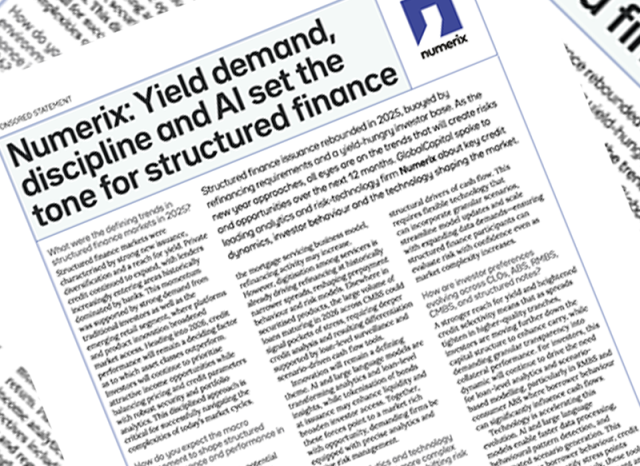KVA for Counterparty Credit Risk Capital & CVA Capital
Capital Valuation Adjustment (KVA) is a recent addition to the family of XVAs, capturing the cost of tying up capital to support the risk of trades. Whereas Credit Valuation Adjustment (CVA) and Funding Valuation Adjustment (FVA) require simulation of future exposures and collateral shortfalls, KVA requires simulation of future capital requirements.
KVA presents a much greater computational burden than CVA and FVA, as the calculation of capital requirements at any given time is more “expensive” than the calculation of exposures. Indeed, estimating a trade’s lifetime consumption of capital is a complex quantitative challenge, and the development of methodologies to meet this challenge is a relatively new area of work. And perhaps most important – getting the right number is critical, as evidence suggests KVA can be a larger pricing adjustment than CVA and can therefore have a significant impact on overall trade profitability.
On Wednesday, December 9th featured speaker Dr. Andrew McClelland, Director of Quantitative Research at Numerix, provided a quantitative introduction to KVA calculations for Counterparty Credit Risk (CCR) capital and CVA capital. He discussed the simulation of future CCR and CVA capital requirements, highlighted the importance of future conditional Expected Exposure (EE) profiles, and discussed the evaluation of such profiles via Least Squares Monte Carlo (LSMC).
Dr. McClelland addressed the following questions:
- Why do capital requirements need to be priced into trades via KVA?
- How is KVA calculated and how is it similar to CVA and FVA calculations?
- Why are CCR and CVA capital requirements difficult to simulate and why is KVA harder to compute than CVA and FVA?
- Can we speed up the calculation of things like of future EE profiles using LSMC?
- Is it possible to approximate KVA using the usual EE profiles that are used for CVA and FVA?
To view the on-demand webinar, just register on the right side of this page.
Featured Speakers

Andrew McClelland, Ph.D.
Andrew McClelland’s quantitative research at Numerix focuses on XVA pricing and hedging, generating counterparty credit risk metrics for structured products, and estimating risk model parameters via time-series estimation. He earned his PhD in finance at the Queensland University of Technology for a thesis on financial econometrics. He considered markets exhibiting crash feedback, option pricing for such markets, and parameter estimation for such markets using particle filtering methods. Dr. McClelland’s work has been published in the Journal of Banking and Finance, the Journal of Econometrics, and the Journal of Business and Economic Statistics.

As Chief Marketing Officer and Executive Vice President of Global Marketing & Corporate Communications, James leads the company’s global marketing and corporate communications efforts, spanning a diverse set of solutions and audiences. He oversees integrated marketing communications to clients in the largest global financial markets and to the Numerix partner network through the company's branding, electronic marketing, research, events, public relations, advertising and relationship marketing.
Since joining Numerix in 2008, James has launched the organization’s award-winning thought leadership program, bringing to light challenges and insights from Numerix market experts. He also hosts the Numerix Video Blog, tackling the challenges pressing the derivatives markets—from regulatory issues to trading strategies.
Prior to joining Numerix, James served as Managing Director of Global Marketing and Communications for Fitch Ratings. During his tenure at Fitch, he built the firm’s public relations program, oversaw investor relations and led marketing and communications plans for several acquisitions. Prior to Fitch, James was a member of the communications team at Moody's Investors Service.


